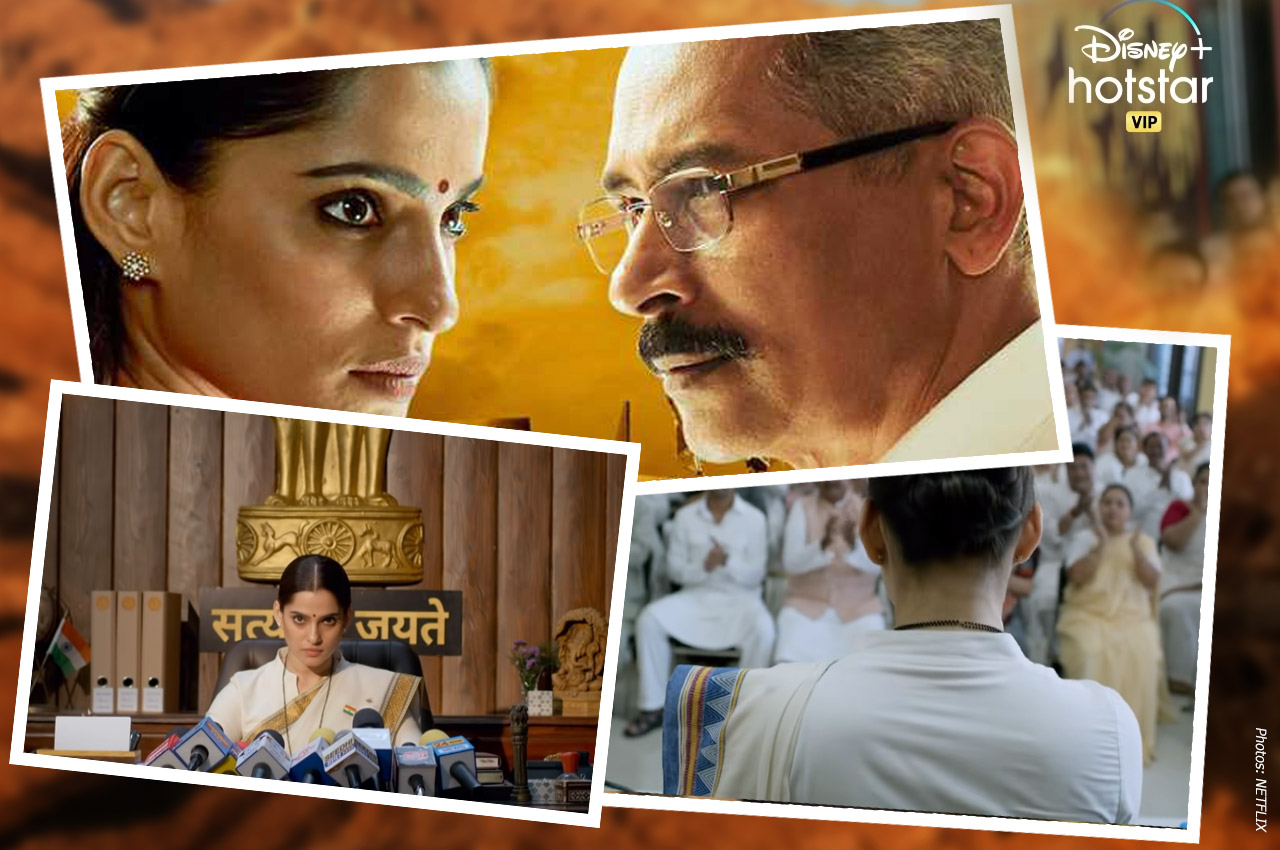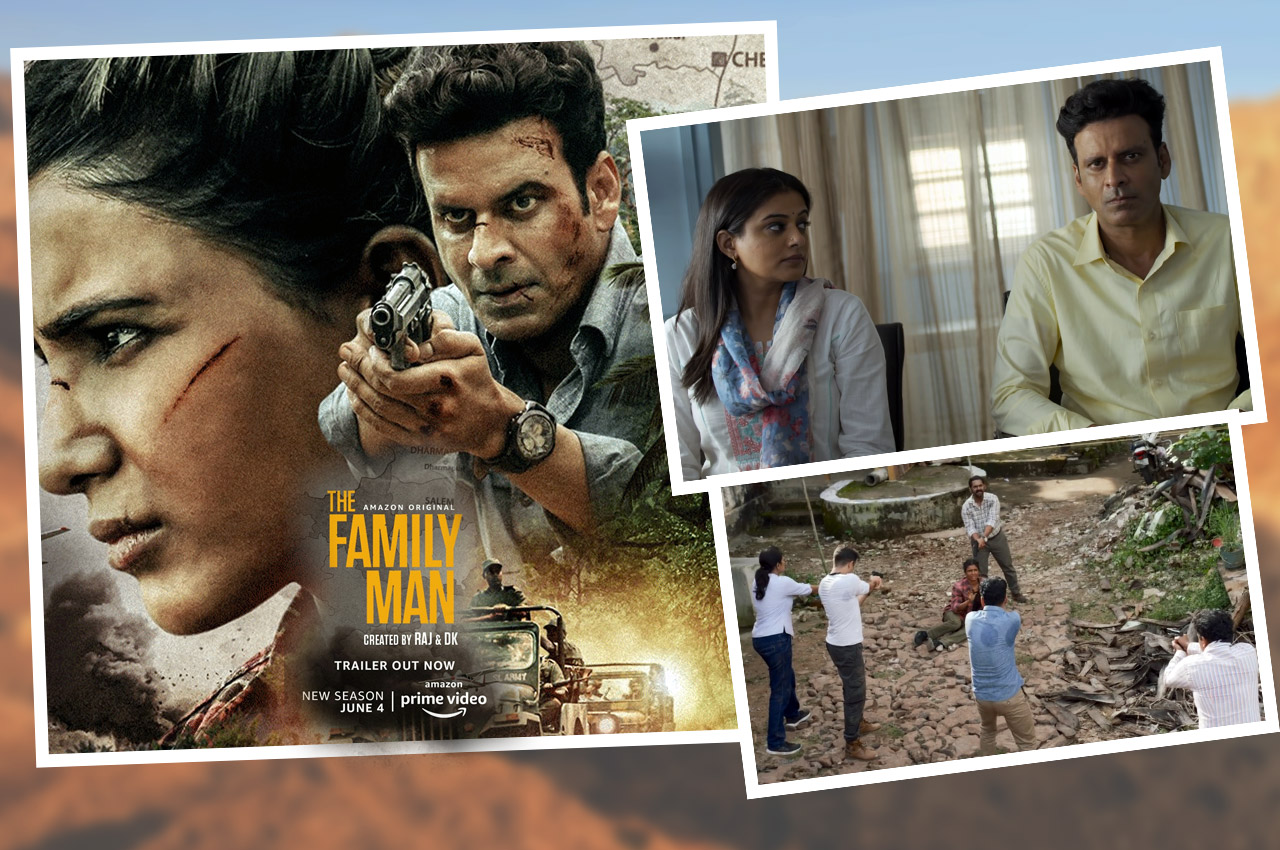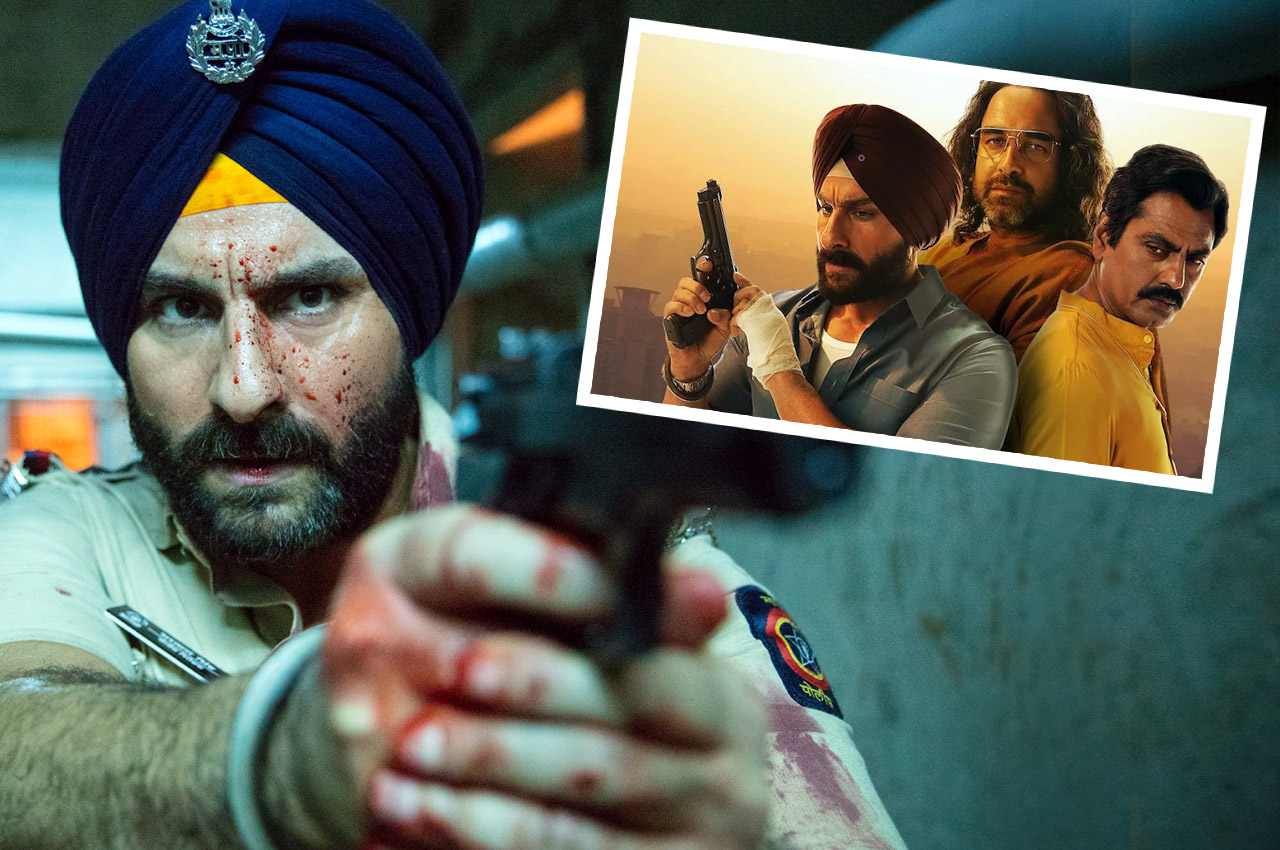Film exhibitors recently told the Competition Commission of India (CCI) that distributors are not providing movies to them. For those unaware, the Commission deals with monopolistic trade practices. Exhibitors claim that they are not getting films to release, as most make their way to the OTT (Over the Top) platforms. The streaming apps such as Netflix, Amazon Prime Video, and Zee5 are referred to as OTT.
The streaming services have mushroomed for quite a while. However, it was during the pandemic that the subscription for most services went through the roof. In the past year or so, that they made inroads into Tier 2, 3 and even 4 markets. As the pandemic raged and people had no option but to adopt the hashtag of #StayHomeStaySafe, there were limited entertainment avenues available. The cheaper prices of data enabled people to embrace this new world with open arms.
During this time, many movies missed theatrical releases and went straight to OTT, and this is one of the reasons why the exhibitors are feeling threatened by the rise of the alternative players. It is a known fact that this is a temporary arrangement adopted by film producers to cut their losses. As things open up, they may be keen to get back to showcasing their movies on 70 mm screens.

In addition, the typical Bollywood movies are not the forte of the OTT platforms. There is a clear distinction in the kind of content that the two media offer. The difference is stark when one compares Bollywood movies of the 1990s with some of the most talked-about web series.
Entertainment ka extra dose
While the purpose of the movies as well as web series is entertainment, it is their approach that is different. Bollywood has an element of fantasy. It is perceived that people come to cinema halls to forget the troubles of their daily lives and hence the writers and directors focus on making movies that will take people to an imagined world. Hence, there is a larger focus on dancing, songs and mostly happy endings.
In the movie, Shoaly, when Jai (played by Amitabh Bachchan) dies in the end, it is a huge shock for the viewers. Till date, people get upset about the death of Jai. They believe that he should have lived on, and successfully pursued a love story of his own. Even in the 1990s, people wanted stories to have happy endings, and it was thought by trade pundits that those with unfavourable climaxes would not do well at the box-office.
When Mansoor Khan was making the hit movie, Qayamat Se Qayamat Tak (QSQT), which stars Aamir Khan and Juhi Chawla, he was warned by many not to go with the ending that was originally in the script. In fact, to please his father, Nasir Hussain, Mansoor shot a happy ending. However, the filmmaker later went with the one that he felt gelled better with the storyline.
In the OTT space, the audience is more open to narratives that are negative or, for that matter, even open-ended. People expect plots to be realistic or as close to reality as possible on the streaming platforms. If they are unable to relate to certain aspects, whether it is the story or cast, they are more likely to reject it.

Hence, we see that the cast of the Last Hour (a series on Amazon Prime Video) has a cast that is from the North East. Even while shooting, the makers of the OTT series kept the setting as close to the script as possible.
Story mein twist
Even in terms of story-lines, most Bollywood movies in the 1990s had similar outlines. The audience knew what to expect from an Akshay Kumar movie, a Shahrukh Khan film or, for that matter, one that starred Salman Khan. “Most stories at that time were similar; the only thing that would change were characters and settings. The big change came in 2016 and 2017, when big-ticket movies of the famous Khans, such as Harry Met Sejal and Tubelight, flopped,” explains Ami Shah, a film enthusiast and digital marketer.
The OTT space, right from the beginning, looked for something unconventional. Since the attention span of viewers has reduced, filmmakers in the OTT space have to hook them within the first two or three episodes. Or else the viewers are likely to switch to another show or a movie.
With the expansion of OTT, people were exposed to more international content. Earlier, only selected global content was available through satellite channels. But, with OTT, more people had access, and even the content library grew exponentially. There was pressure on the OTT players to match the content that was already available.
In Sholay, the audience wanted Jai (Amitabh) to live and pursue his love story. Even today, more than four decades later, this is the case. Happy endings are the norm in Bollywood movies. But tastes changed with the emergence of OTT
Grey Lakshman Rekha
Since web series are expected to keep things close to reality, we are able to watch real characters. The makers in this space are not shy about portraying the protagonists and villains as grey characters with various shades. For example, in Netflix’s Sacred Games, gangster Ganesh Gaitonde (played by Nawazuddin Siddiqui) and police officer Sartaj Singh (played by Saif Ali Khan) are portrayed in several shades of grey. While Ganesh is the antagonist, he is the one who narrates the story in the various episodes. Despite the fact that he is a gangster, viewers are emotionally entangled in a positive manner with his love story with Cuckoo (played by Kubra Sait).
Sartaj Singh, who is the cop, and is the protagonist who has to stop the terrorist attack, is sloppy and unfit. He seems like an officer who has lost touch. If this series was written from a Bollywood perspective, it is possible that the cop would be shown as a larger-than-life character, as was the case with Rohit Shetty movies such as Singham and Simba. The police officers are the quintessential good guys. They would be Ma ka eklauta or ladla beta (Mother’s only or pampered son), perfect brothers, helpful neighbours, and best professionals in workplaces.There would be nothing about their characters that were flawed.
Similarly, the villains in Bollywood movies are usually painted black. They would be gamblers and flirts who have multiple girlfriends, are loyal to no one and have no respect for anyone else’s life. There would hence be nothing to like about them in the first place.

Clearly, the manner in which characters are sketched in Bollywood movies that are aimed for theatre releases is at variance with that in the OTT and web series. While things began to change in the movies after 2015, it is only in the web space that one sees so many personality shades.

In Sacred Games, the gangster-villain evokes positive emotions among viewers. The cop seems sloppy and unfit. He is unlike a hero
Tone it down
In Bollywood, especially in the 1990s, the producers, directors and writers were apprehensive about showing sensitive issues. While there were a few movies on such topics, the incidents and events were never fully unfolded or unravelled. It was largely left to the audience to interpret them. Consider the case of the much-acclaimed political thriller, Maachis. In the movie, things are vague and largely silent on the molestation issue. It is inferred but not spelt out. However, now the makers are not afraid to talk about rape, molestation, and other gender issues. While there is a certain set of viewers that is still unable to come to terms with ]unusual facts like men as rape victims, the makers are not shying away from showing such things if that is what the story is about.
There were few movies that were made on real-life incidents in the 1990s. Even the ones that were released covered them in either a superficial way or showed only certain aspects of the struggle.
It is easier to protest against theatre releases. In the case of web series, by the time the critics initiate action, the show has been watched by millions of people across the world
However, in the OTT space, the movie-makers have the liberty to go in-depth. A case in point is Scam 1992: The Harshad Mehta story. The show on Sony Liv is about the story of Harshad Mehta, the controversial Indian stockbroker who was involved in the securities scam of 1992. The episodes capture the rise and fall of the broker in great detail over several hours. Despite this, it was one of the biggest hits of 2020.
Bollywood’s romance with censorship
While most Bollywood stories are about love, it is the Censor Board that has to be wooed for every movie to ensure its release. From time to time, the board or rather the fear of it, was a factor preventing producers from exploring concepts that were not the run of the mill ones.
A producer, on condition of anonymity, admitted that whether it was the fear of the Censor Board or other factors, in the 1990s people were appregensive of how the minority communities should be showcased in the movies. Hence, extra care would be taken and people had to be mindful of the language that was generally used.
The web space, right from the start, took a lot of liberties in this regard. Since it was in the limelight because of these issues, there is talk of getting OTT players to follow certain guidelines. Some of the new rules aim to tackle such matters.
Controversy’s favourite child
Several OTT shows were in the news for the wrong reasons and faced demonstrations seeking a ban. But this did not impact the shows in major ways. The two biggest examples are Sacred Games and Tandav. Both the shows were accused of hurting religious sentiments. While there were a lot of Twitter wars and debates, which trended for a week or so, they ended with a whimper – as trending tweets.
In the case of a Bollywood movie, if there is a controversy, the implications are greater. Motivated hooligans in the worst-case scenario can resort to violence or demand that the movie be not shown in their state. Let’s take the case of Padmavat. The movie was subjected to controversy, especially regarding its title.
Many believe that had the movie been made only for OTT, it would not have faced even half the outcry it did. The reason: by the time people realise that there is a movie on the subject, and marshal their resources to protest, through OTT medium it has reached millions around the world.
























